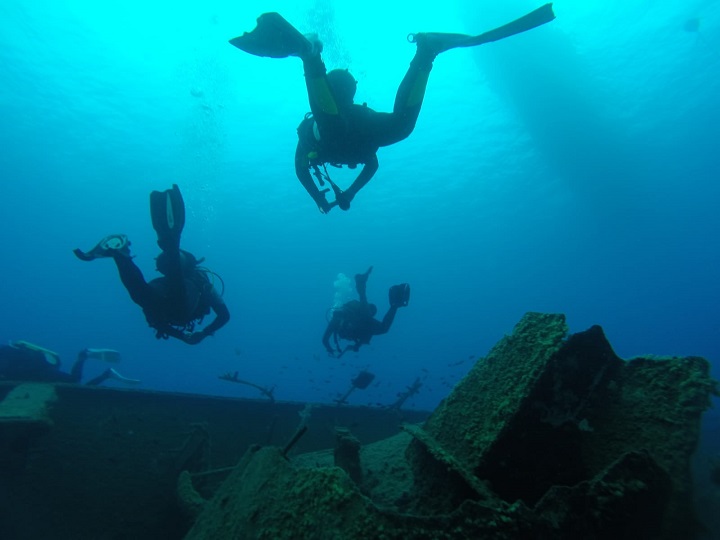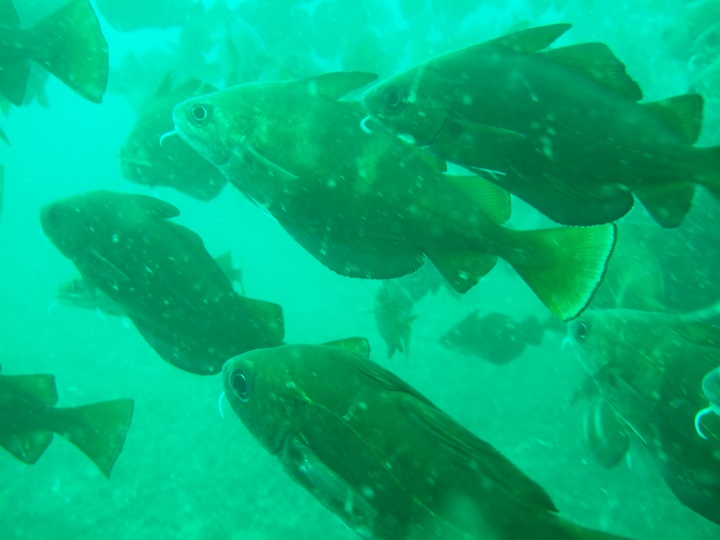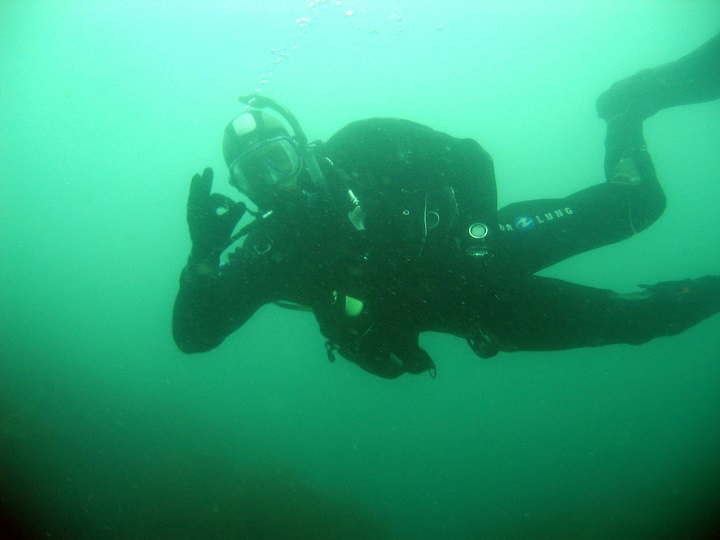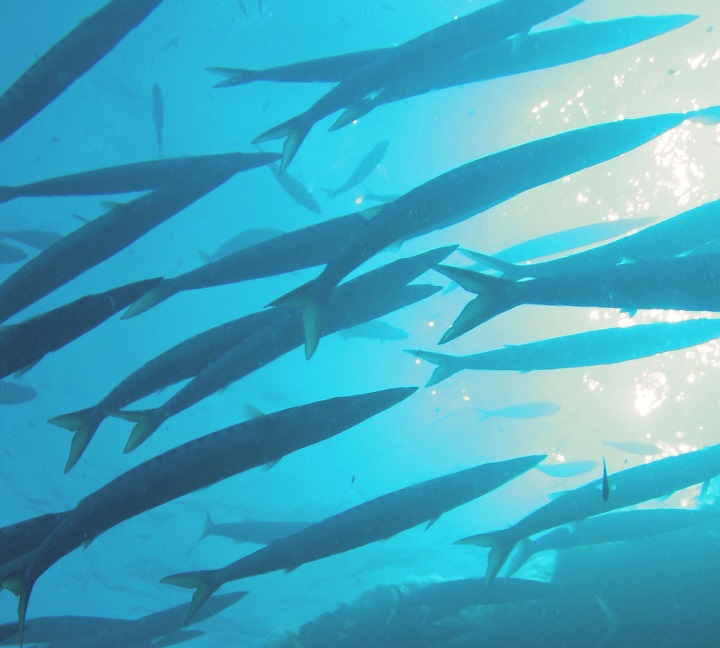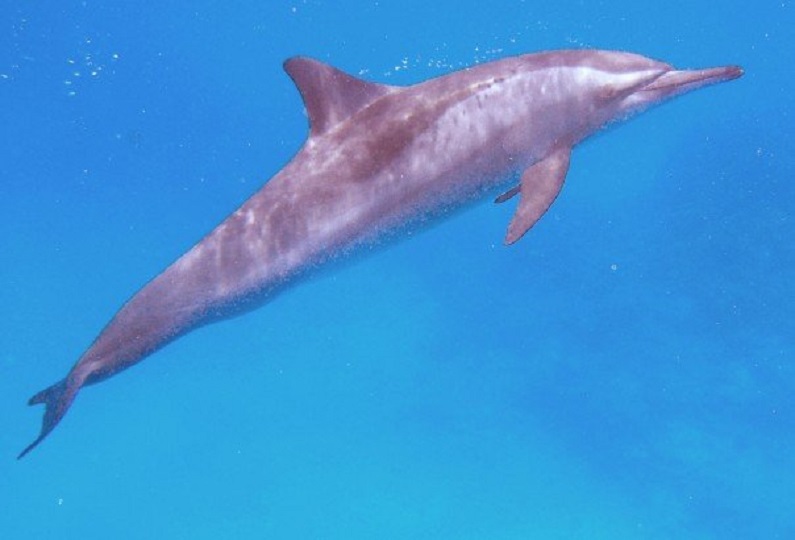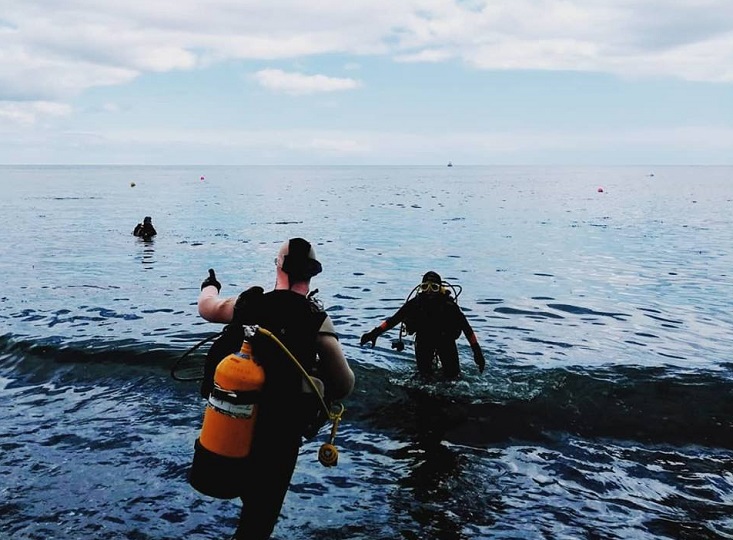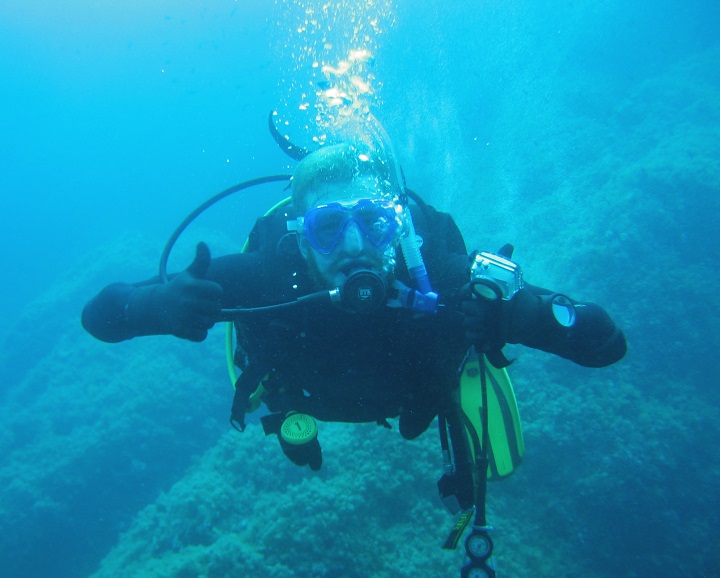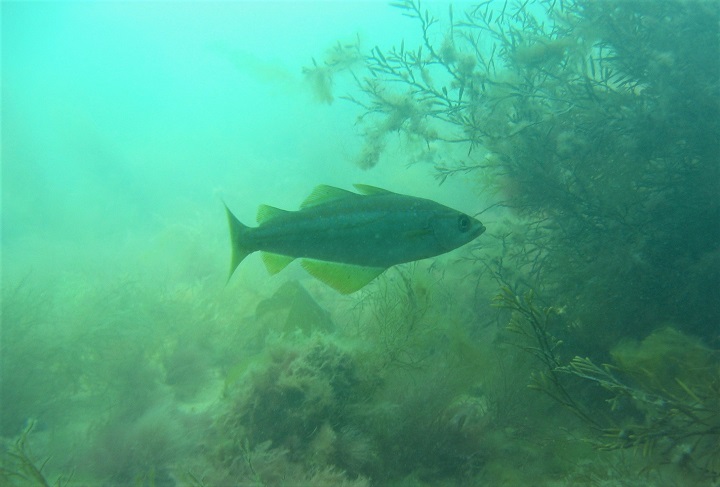Scuba diving can be safe for beginners if they take the necessary precautions and follow the safety guidelines. It is important to get proper training from a reputable diving organization, such as PADI or SSI. This training will teach you the basics of scuba diving, including how to use your equipment, how to equalize pressure, and how to avoid decompression sickness.
The most common entry-level scuba diving course is the PADI open water diver course with the SSI open water course being the second most taught course in the world. Both courses are very similar in structure and what they teach you and although PADI is more widely known around the world SSI is not far behind having had a big surge in the past two decades. You may also want to look into more regional training agencies such as BSAC in the UK and CMAS in northern Europe which again have very similar courses to the PADI open water course with some slight differences, such as with BSAC it being a complete armature organization.
It is also important to dive with a buddy. This way, if you have any problems, such as getting caught in a fishing line, your buddy can help you. It’s also really handy to have some spare air nearby which is why all regulator sets come with an alternate air source so a buddy team can breathe off one air tank. You should also dive within your limits and avoid diving in conditions that are beyond your experience level. There is always an urge to go just a little bit deeper when you start to scuba dive but the deeper you go the faster you will use your air and the longer it will take to get back to the surface. As with driving a car, you take your time to build confidence with going faster on a motorway, so please take your time and build up the depths of your dives. Just because the limit is there doesn’t mean you should rush straight to the limit.
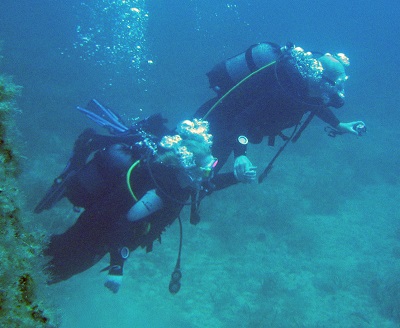
If you follow these safety guidelines, scuba diving can be a safe and enjoyable activity for beginners.
Here are some tips for safe scuba diving for beginners:
The most common entry-level scuba diving course is the PADI open water diver course with the SSI open water course being the second most taught course in the world. Both courses are very similar in structure and what they teach you and although PADI is more widely known around the world SSI is not far behind having had a big surge in the past two decades. You may also want to look into more regional training agencies such as BSAC in the UK and CMAS in northern Europe which again have very similar courses to the PADI open water course with some slight differences, such as with BSAC it being a complete armature organization.
It is also important to dive with a buddy. This way, if you have any problems, such as getting caught in a fishing line, your buddy can help you. It’s also really handy to have some spare air nearby which is why all regulator sets come with an alternate air source so a buddy team can breathe off one air tank. You should also dive within your limits and avoid diving in conditions that are beyond your experience level. There is always an urge to go just a little bit deeper when you start to scuba dive but the deeper you go the faster you will use your air and the longer it will take to get back to the surface. As with driving a car, you take your time to build confidence with going faster on a motorway, so please take your time and build up the depths of your dives. Just because the limit is there doesn’t mean you should rush straight to the limit.

If you follow these safety guidelines, scuba diving can be a safe and enjoyable activity for beginners.
Here are some tips for safe scuba diving for beginners:
- Get proper training from a reputable diving organization.
- Dive with a buddy.
- Dive within your limits.
- Avoid diving in conditions that are beyond your experience level.
- Be aware of the risks of scuba diving and how to avoid them.
- Make sure you are in good physical condition before diving.
- Do not dive if you are sick.
- Stay hydrated before, during, and after diving.
- Eat a light meal before diving.
- Avoid alcohol and caffeine before diving.
- Use sunscreen and a hat to protect yourself from the sun.
- Be aware of the marine life in the area you are diving in.
- Do not touch or disturb marine life.
- Respect the marine environment.
.png)



